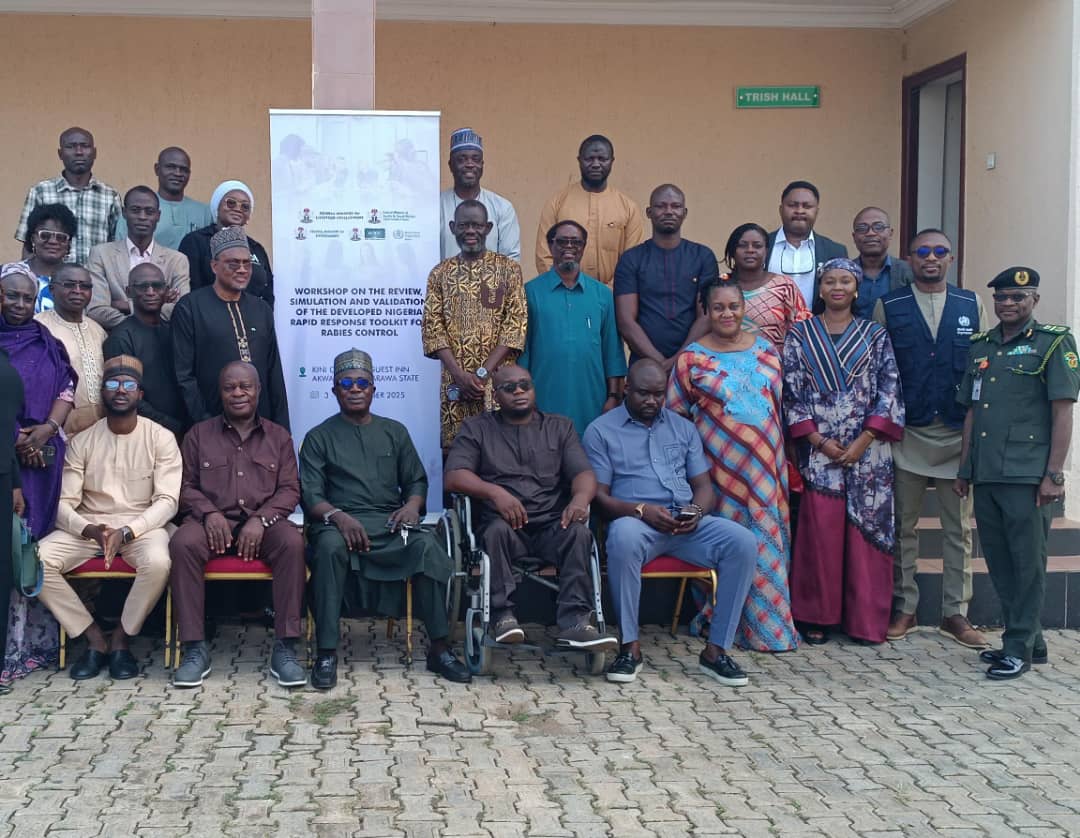
Image Gallery:

Nigeria Steps Up Fight Against Rabies as Stakeholders Validate Rapid Response Toolkit
The Federal Ministry of Livestock Development, in collaboration with the World Health Organization (WHO) and other One Health partners, has taken a major step toward eliminating rabies in Nigeria by convening a three-day National Validation and Simulation Workshop on the Rabies Rapid Response (RRR) Toolkit in Akwanga, Nasarawa State.
Declaring the workshop open on behalf of the Permanent Secretary, the Chief Veterinary Officer of Nigeria (CVON), Dr. Samuel A. Anzaku, described the exercise as a significant milestone in Nigeria’s fight against rabies, noting that while the true burden of rabies in Nigeria remains underreported, nearly every state records cases of the disease.
According to him, the RRR Toolkit will enhance surveillance, improve rapid response capacity, and strengthen inter-sectoral coordination toward achieving the target of eliminating dog-mediated rabies by 2030.
Dr. Anzaku commended the technical support of WHO, the Global Alliance for Rabies Control (GARC), the African Union–InterAfrican Bureau for Animal Resources (AU-IBAR), and the One Health Development Initiative (OHDI). He also underscored the importance of sustained collaboration among government agencies, research institutions, and civil society to achieve national and global elimination goals.
“This validation is not just a meeting, it is a mission,” he said. “Every participant here was carefully selected for their expertise. Together, we will ensure this document is actionable and implementable at all levels,” he said.
WHO's Emergency Presparedness Response (EPR) Cluster Lead, commended Nigeria for its proactive steps toward rabies elimination, describing the Rabies Rapid Response Toolkit as a vital instrument for strengthening surveillance, coordination, and community-level response.
She also reaffirmed WHO’s unwavering commitment to supporting Nigeria and its partners in capacity building, data-driven interventions, and sustained One Health collaboration toward achieving zero human deaths from dog-mediated rabies by 2030.
Goodwill messages were delivered by representatives of the Federal Ministries of Health, Environment, and Livestock Development, the National Park Service, Nigerian Agricultural Quarantine Service, Nigeria Centre for Disease Control and Prevention (NCDC), OHDI, War Against Rabies Foundation, and GARC.
Speakers reaffirmed that rabies, though fatal, is entirely preventable through vaccination, prompt treatment, and effective collaboration across sectors.
Over the three days, participants reviewed and validated the RRR Toolkit, a structured guide for outbreak detection, investigation, reporting, and control. Field simulation exercises were also conducted in Anyi Agwan Sabo Community, Nasarawa Eggon Local Government Area, where teams tested the toolkit’s application in hospitals, schools, and local communities. A mass dog vaccination campaign was also held, witnessed by traditional rulers and community leaders.
The workshop concluded with key recommendations, including strengthening cross-border dog movement control, increasing investment in local vaccine production, expanding community awareness campaigns, enhancing rapid response capacity through continuous training, and integrating environmental representation into One Health structures.
It is expected that the validated RRR Toolkit will now serve as a national guide for early detection and coordinated response to rabies outbreaks across Nigeria, supporting the global goal of achieving zero human deaths from dog-mediated rabies by 2030.
Oghenekevwe Uchechukwu
Head, Press and Public Relations
5th November, 2025

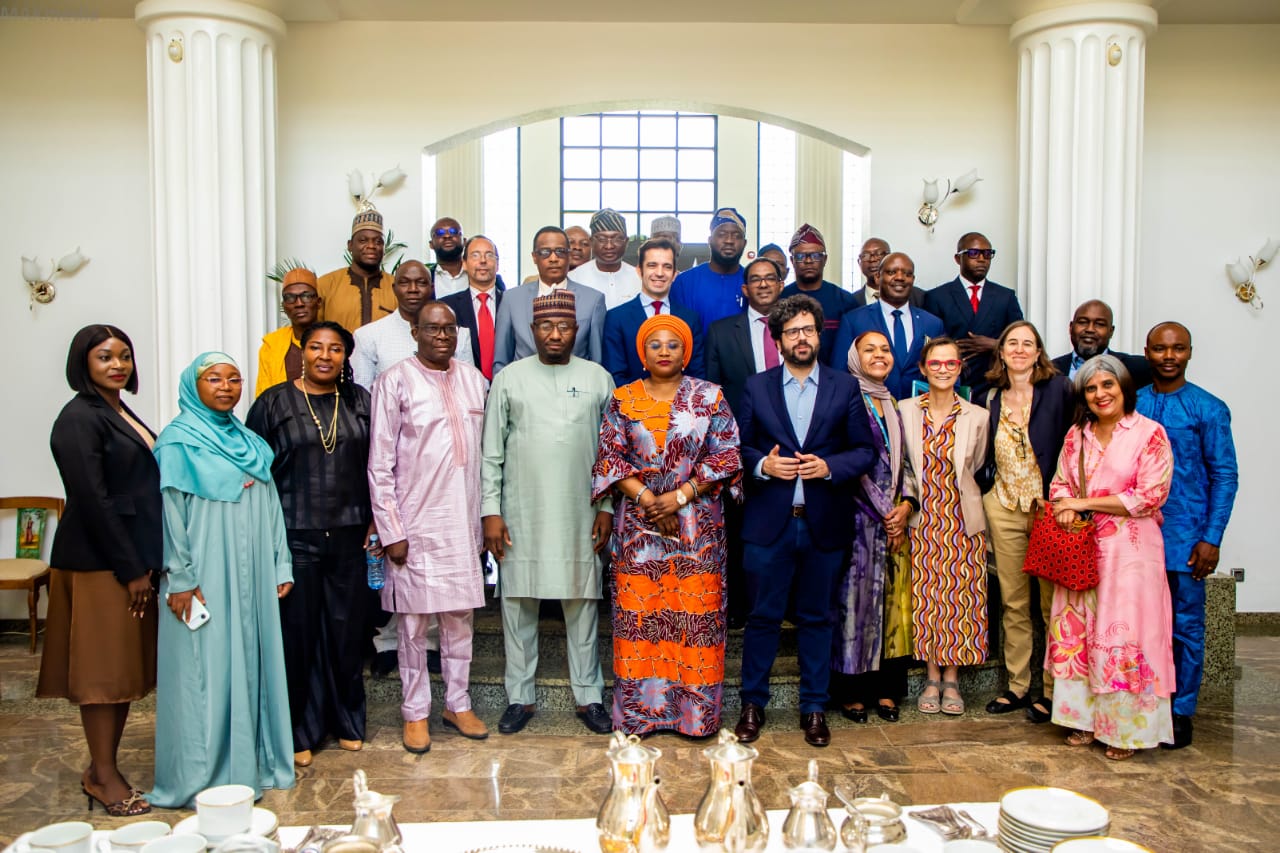
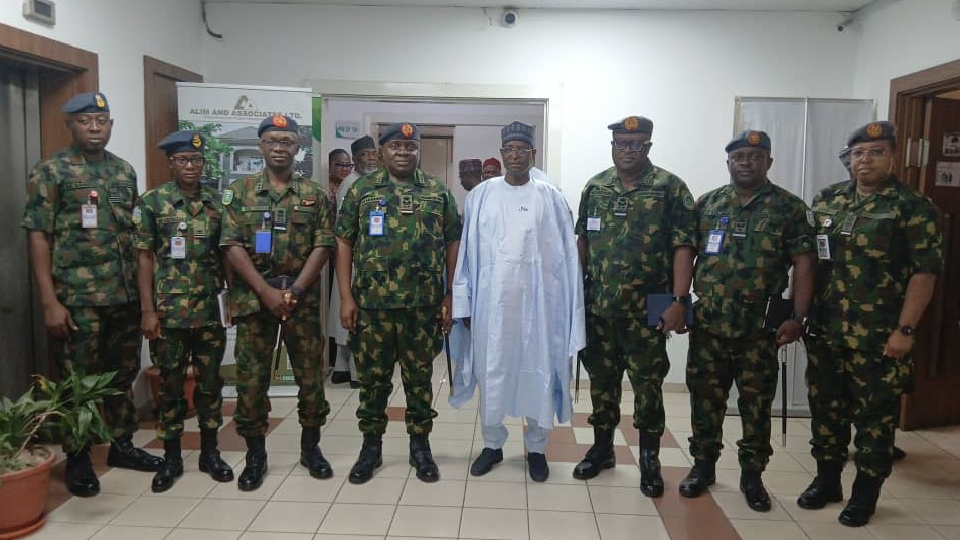
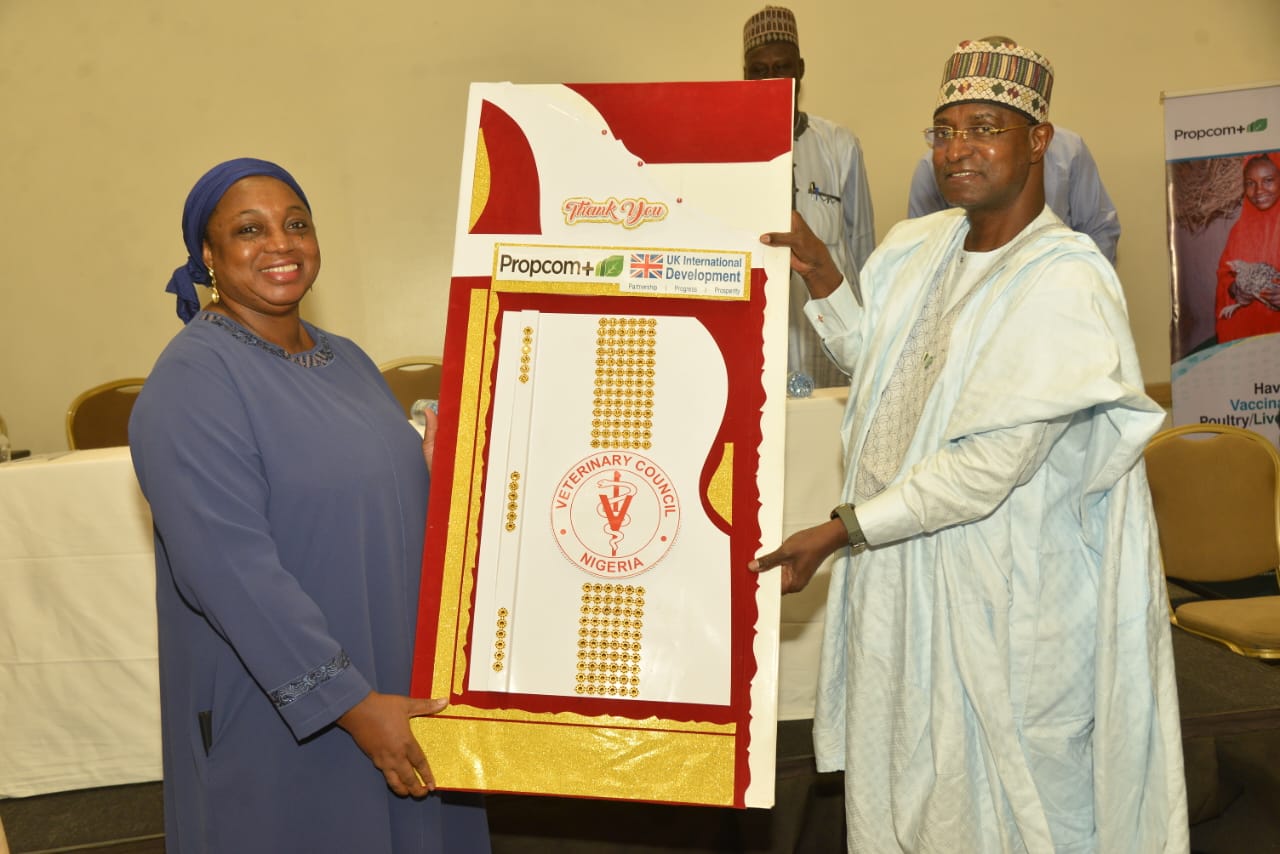
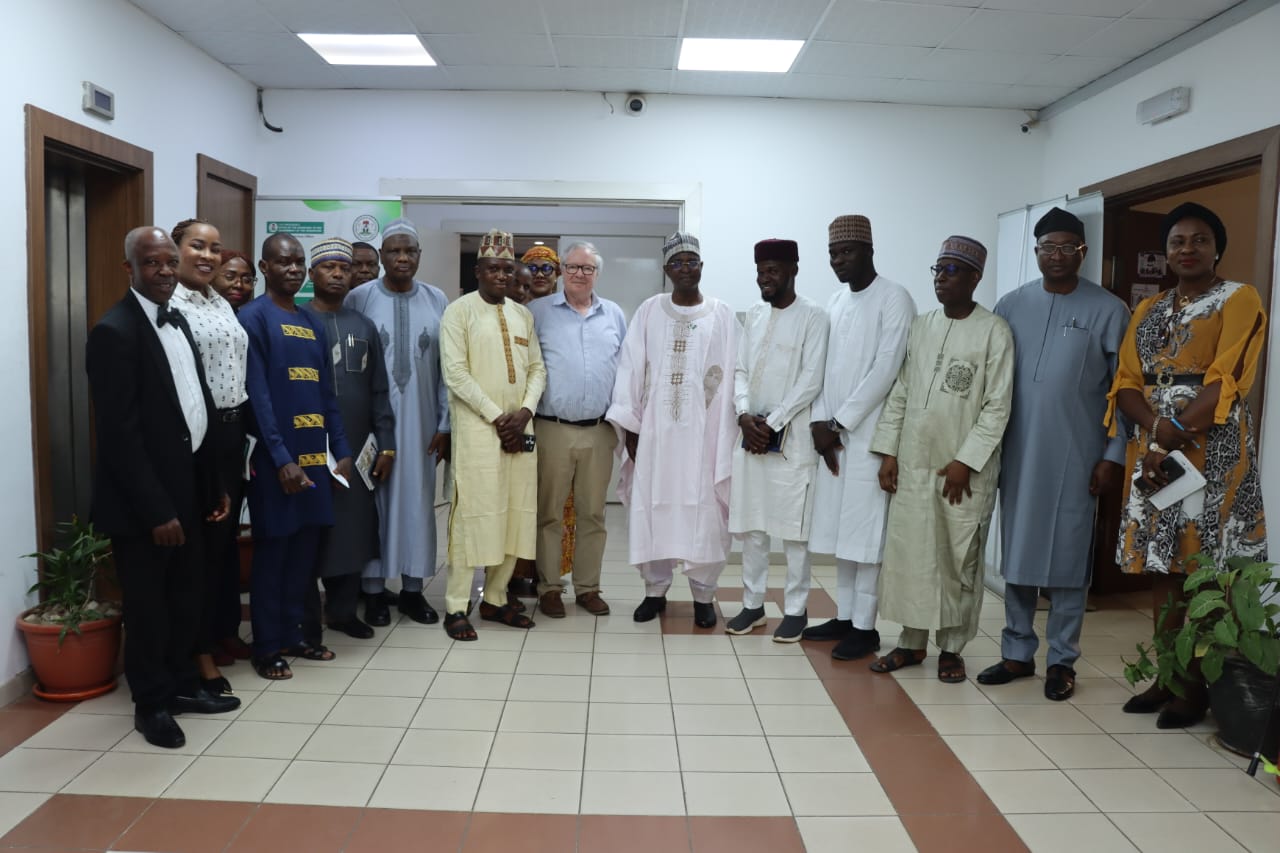
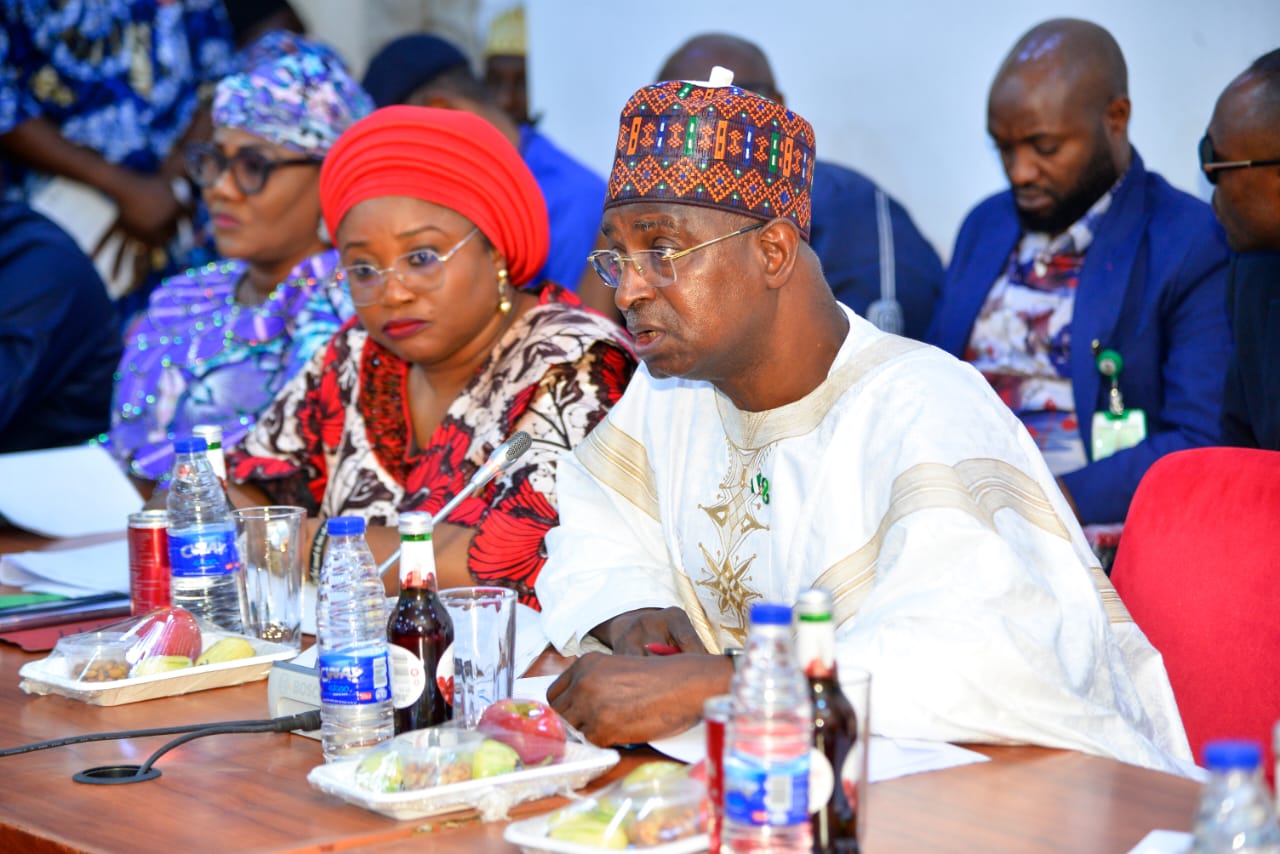
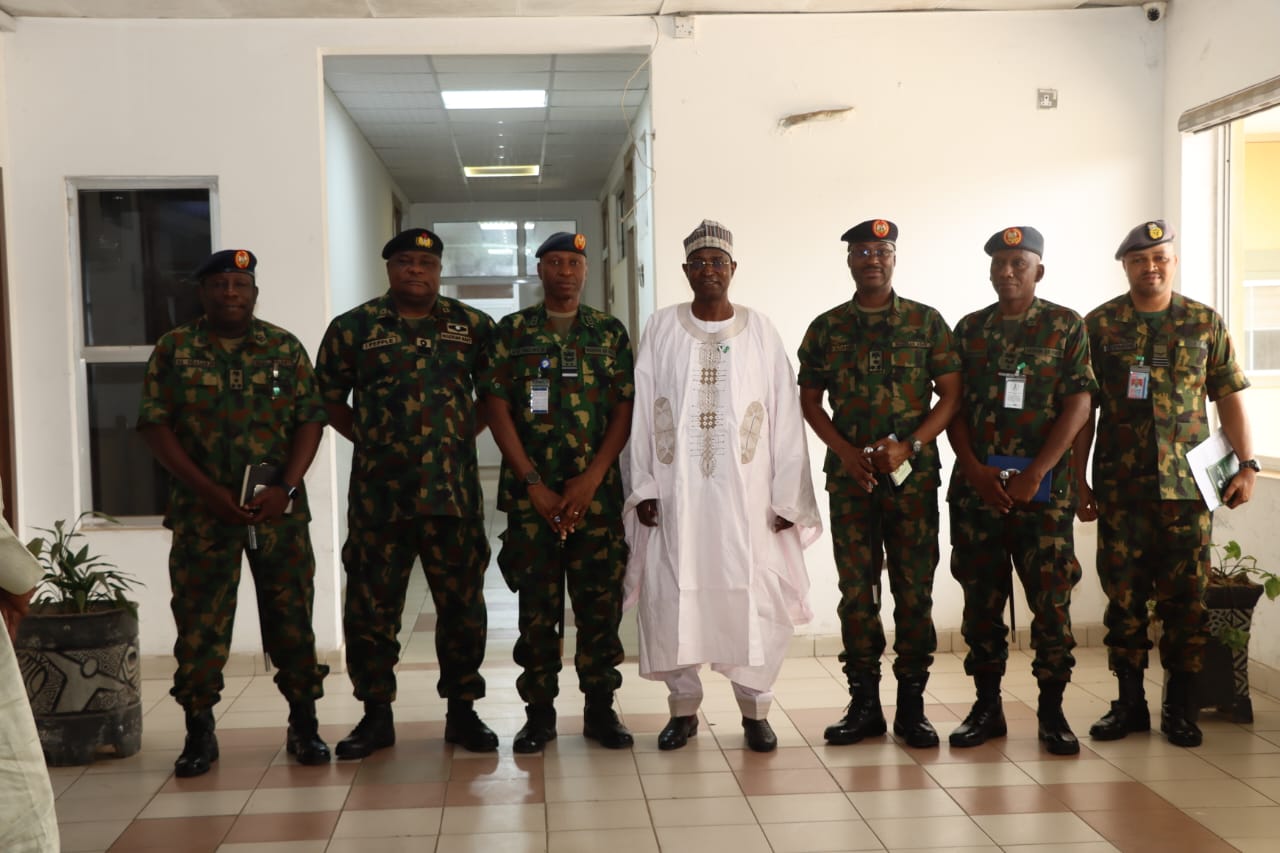
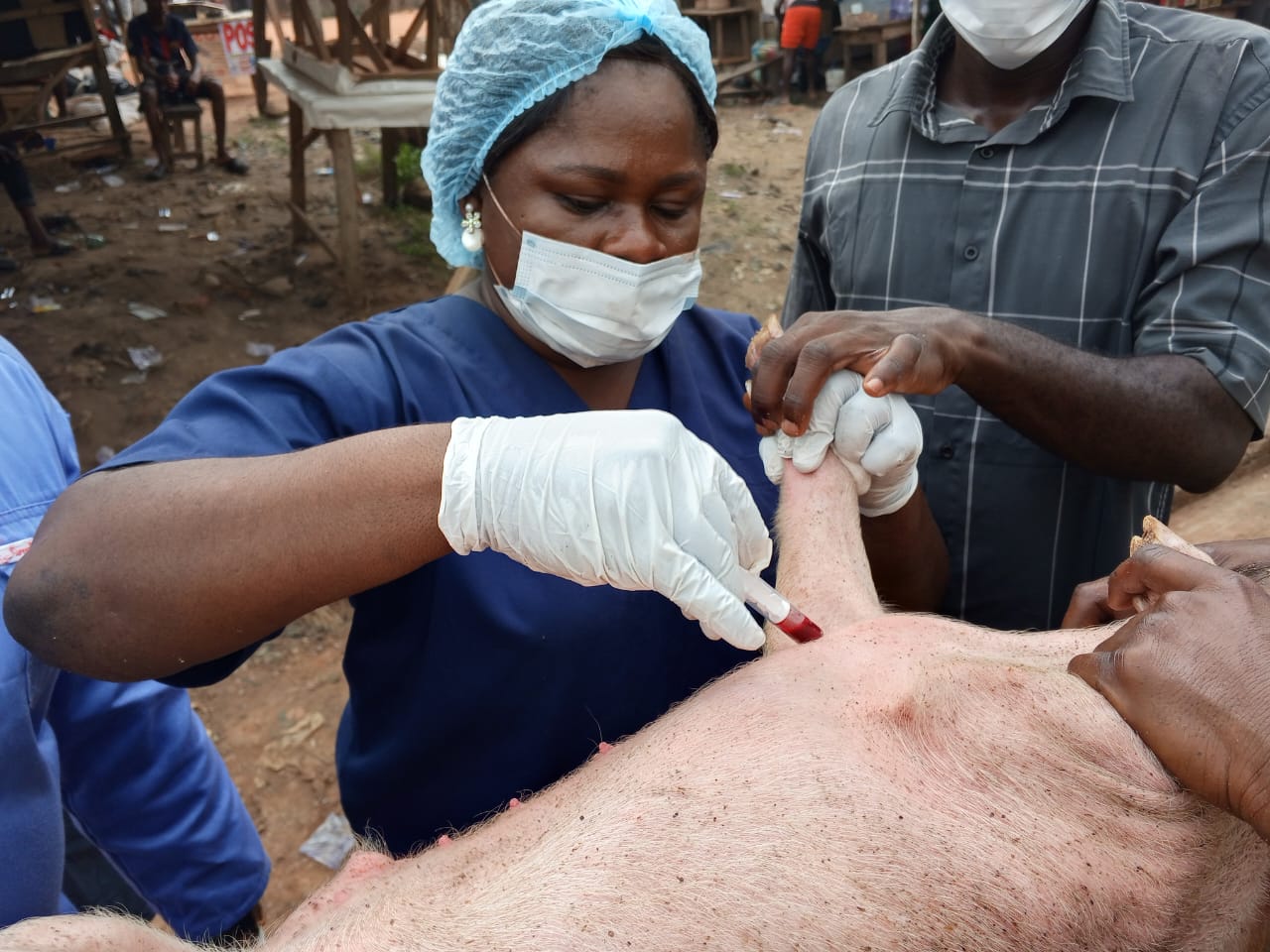
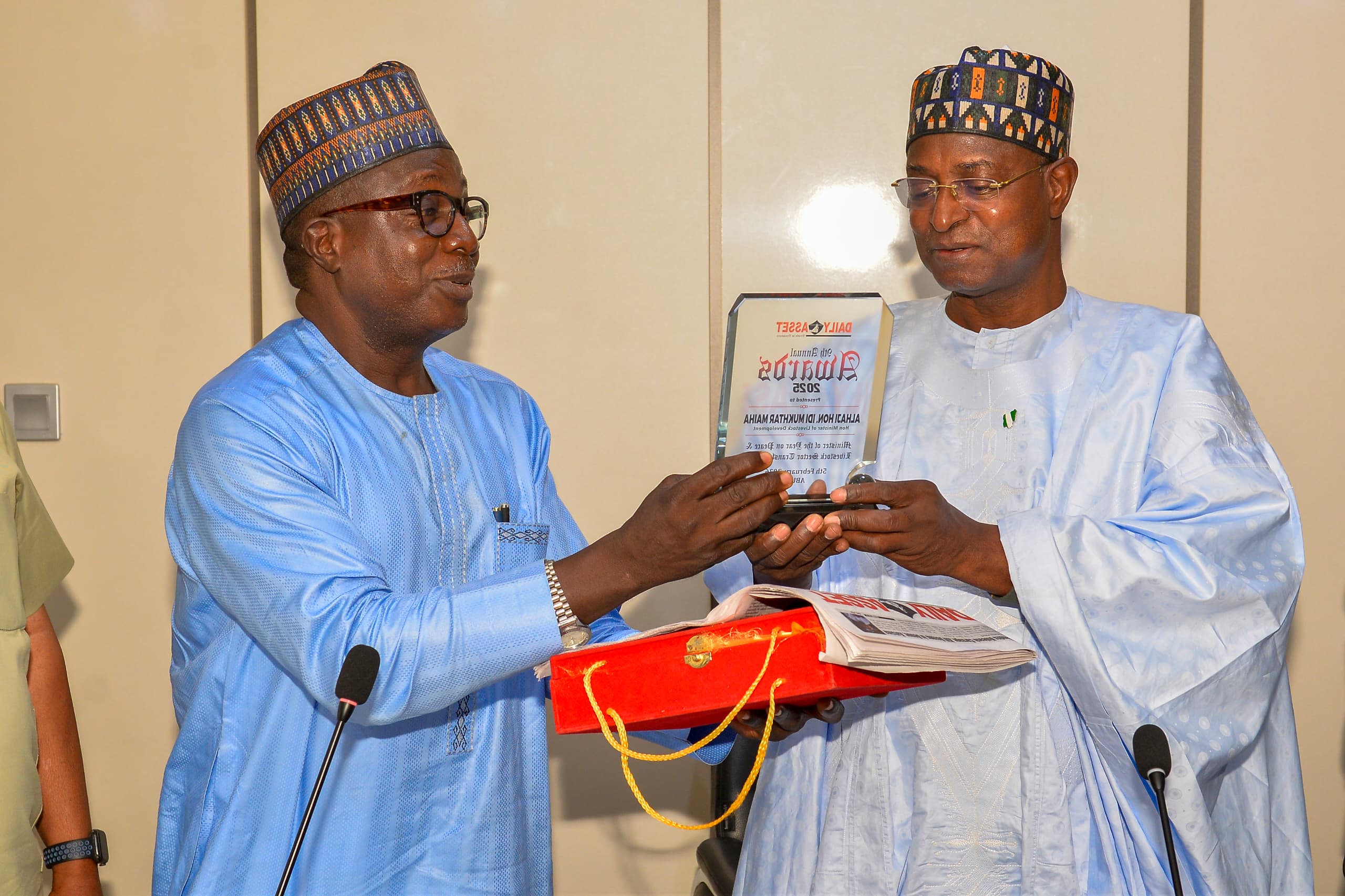
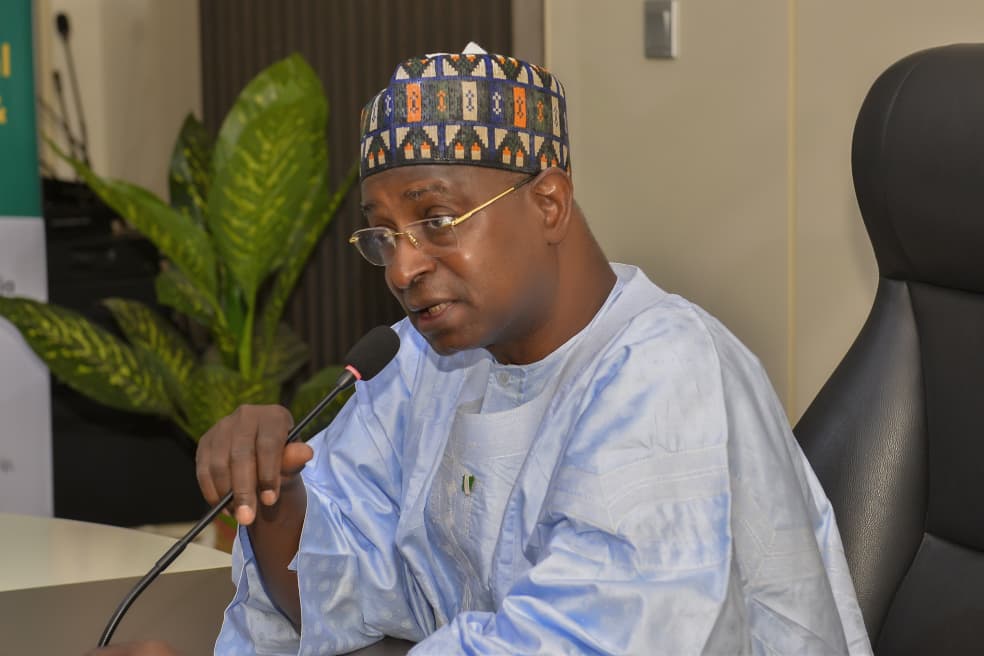
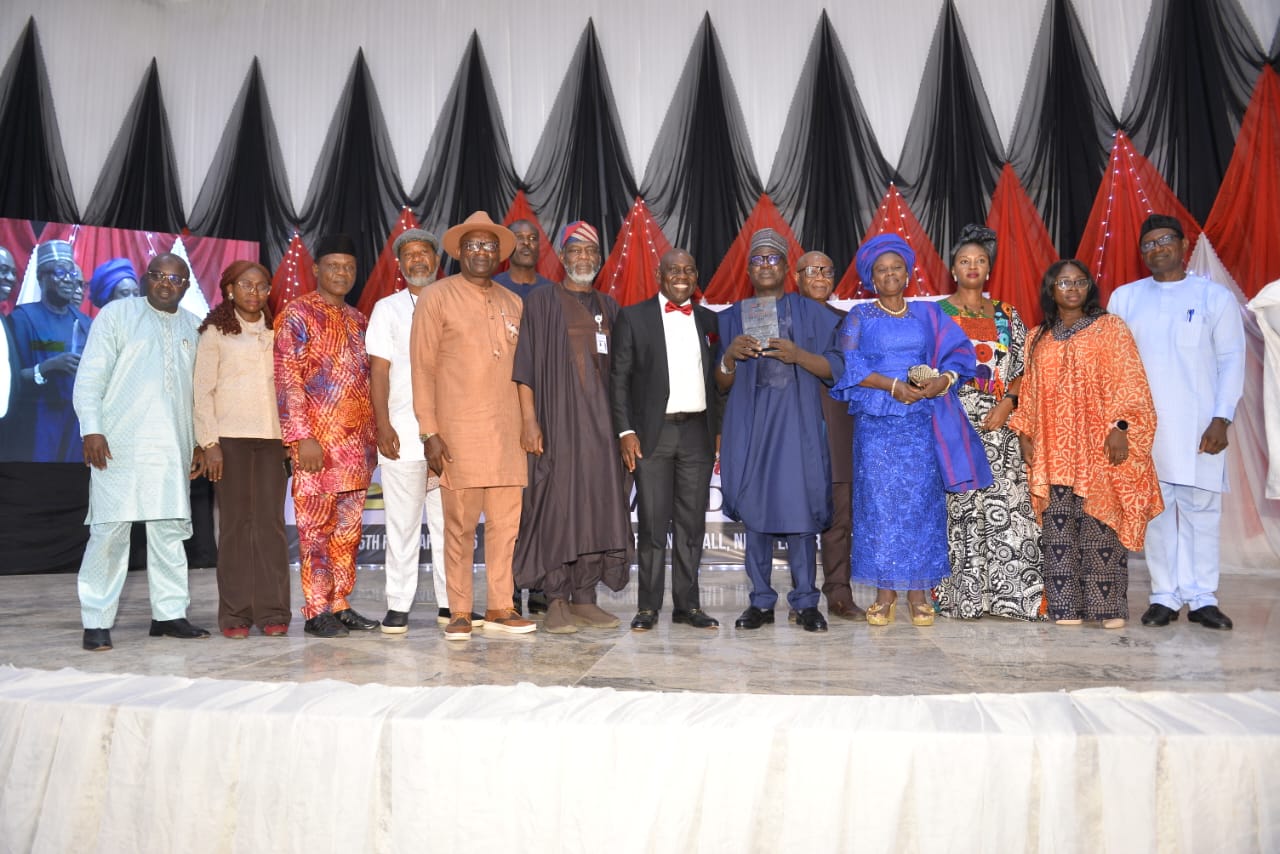
Comments on Post (0)